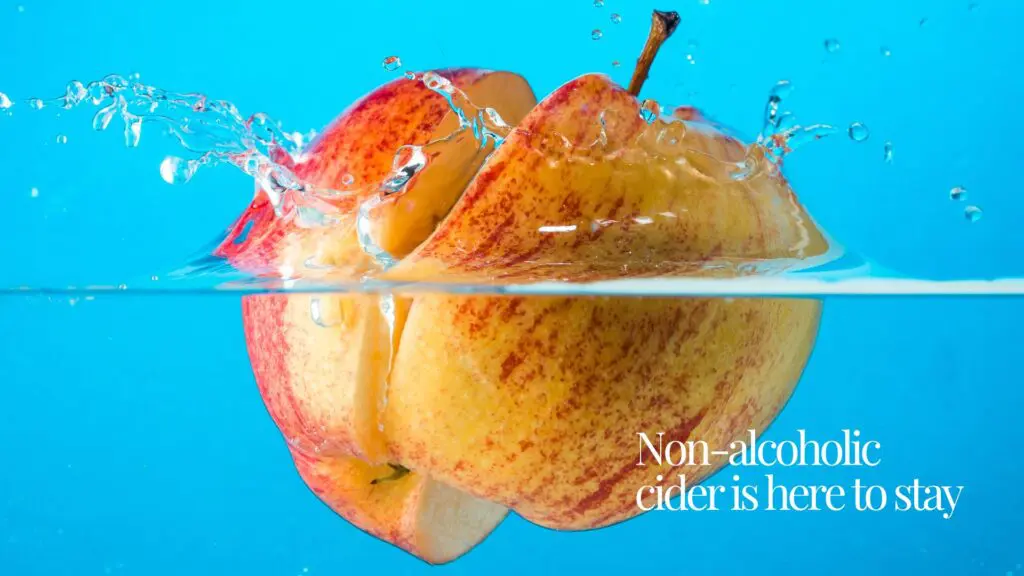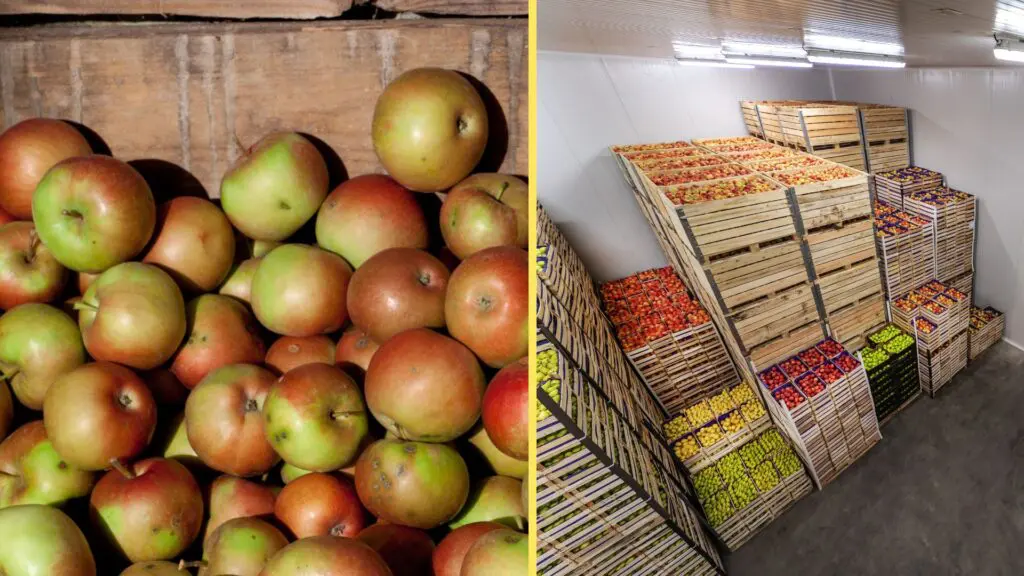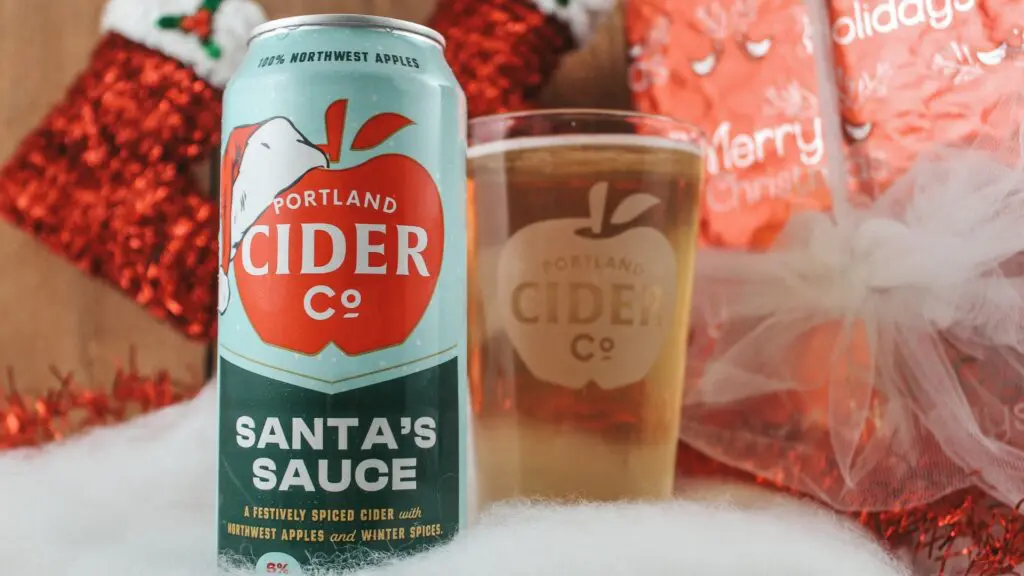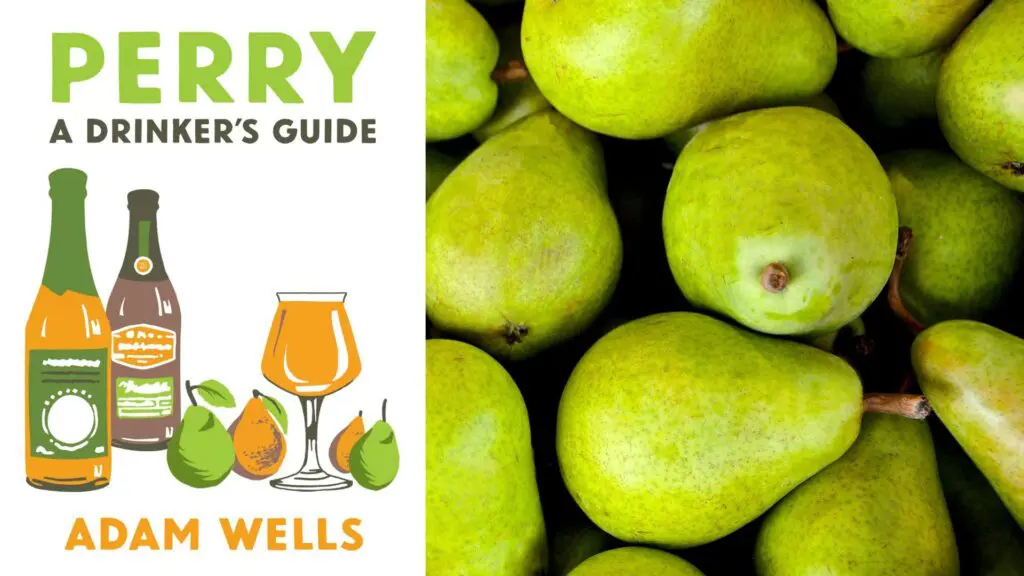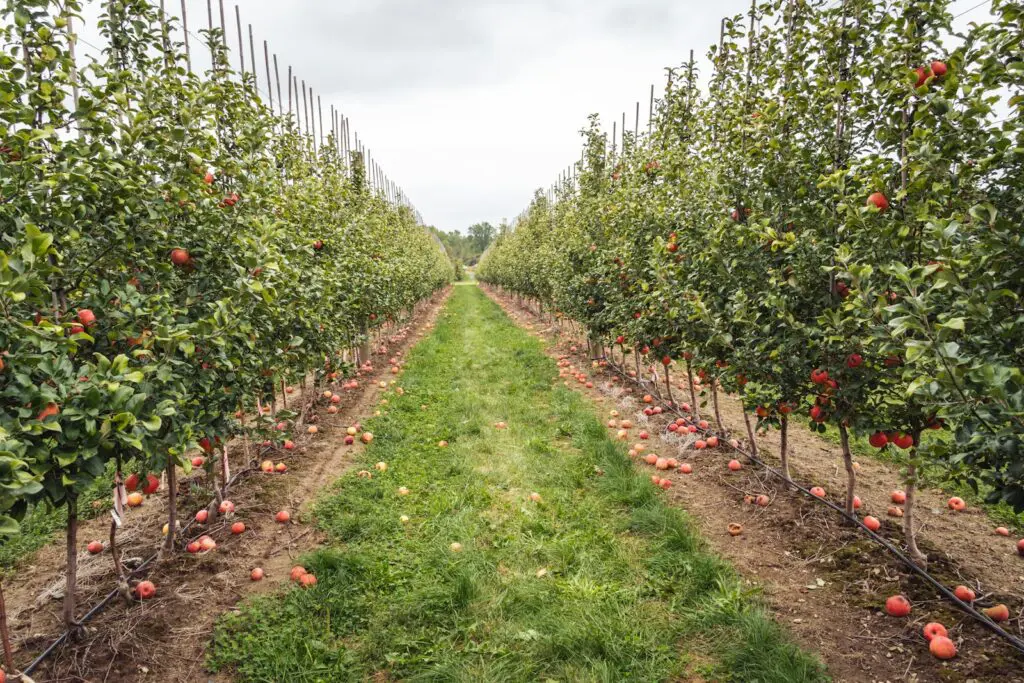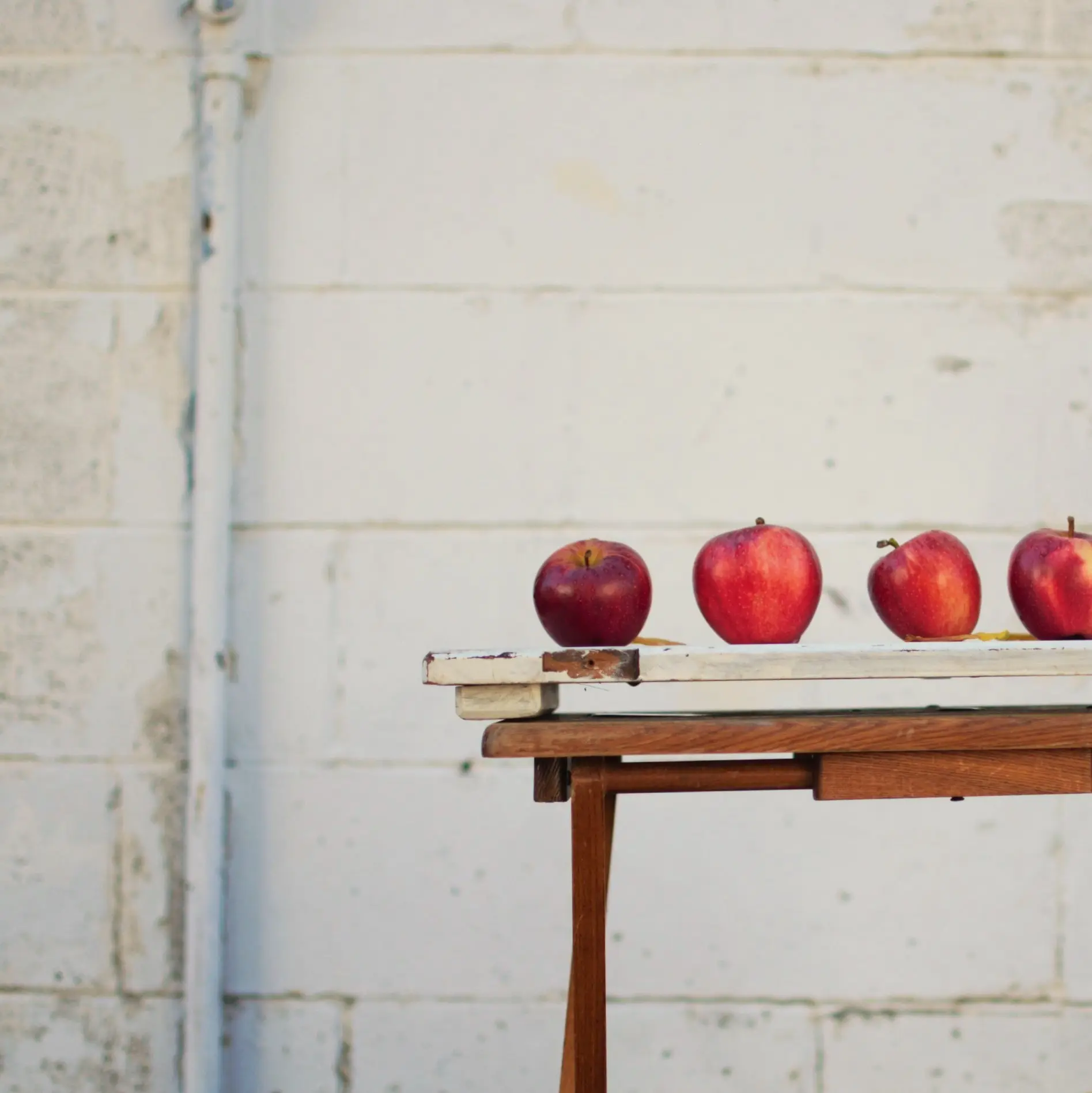When I spoke with Montana CiderWorks’ Lee McAlpine, she was just preparing to make a batch of the cidery’s semi-dry English-style cider, North Fork. Her specialty is English-style cider, but that’s just part of her multifaceted cider making persona.
As owner and cidermaster of the nano cidery, McAlpine has been busy crafting everything from traditional to sessionable to cherry-infused, and even the occasional ice cider since 2000, by way of genuine dedication to apples and their vast potential. “The valley was once home to the nation’s largest apple crop during the apple boom. I’m excited about bringing back the apple culture.”
The valley McAlpine refers to and inhabits would be Montana’s Bitterroot Valley, located in the southwestern part of the state – a solid two-hour drive from Missoula, the nearest big city. “We’re in the middle of nowhere,” says McAlpine of her Darby, Montana locale.
Nature lover though she is, such isolation is admittedly a challenge for McAlpine, who currently only schedules tastings by appointment, provided visitors can make their way into and out of the property. “The orchard and cidery are on a dirt road, sometimes you need four-wheel drive to get out of here.”
Fortunately, McAlpine’s perseverance has triumphed over, and even embraced, the valley’s remote aspect. Aside from distributing her cider to stores throughout Montana, Washington and Colorado like the resourceful business owner she is, she is also a leader in her community as founder of the local nonprofit co-op Budwood, which aims to bring the apple industry to western Montana.
Befitting this positive attitude, the cider maker values her relationships with fellow growers and cider makers. “The cider industry is still pretty small so we tend to talk amongst each other quite a bit; it’s not like everyone’s worried about proprietary information,” says McAlpine, suggesting that the cideries are team players at the end of the day.
“Occasionally, we’ll have early frost and lose most of the fruit,” she explains of the state’s extreme conditions. “You have to be realistic and know you’ll have to source your fruit at some point.” During times such as these, relationships with fellow growers and cider makers are of the utmost importance.
Of course, regardless of the weather forecast, McAlpine maintains a rather quid pro quo relationship with growers in her area year round. “They grow what I don’t grow, and I grow what they don’t grow,” says McAlpine. The dynamic is a success for the cidery, which makes use of even the not-so-pretty apples to craft award-winning sippers.
“I’ve learned to respect the apple, even the ugly one,” says McAlpine, who points out that the so-called “ugly” apples are regrettably dubbed unfit for markets. “We need to be able to use more of those orchards instead of cutting them down and putting up houses,” says McAlpine.
So long as McAlpine’s patrons continue to imbibe batch after batch, those orchards may just stay put, and Montana CiderWorks may become the next best thing in western Montana next to apple country itself.


